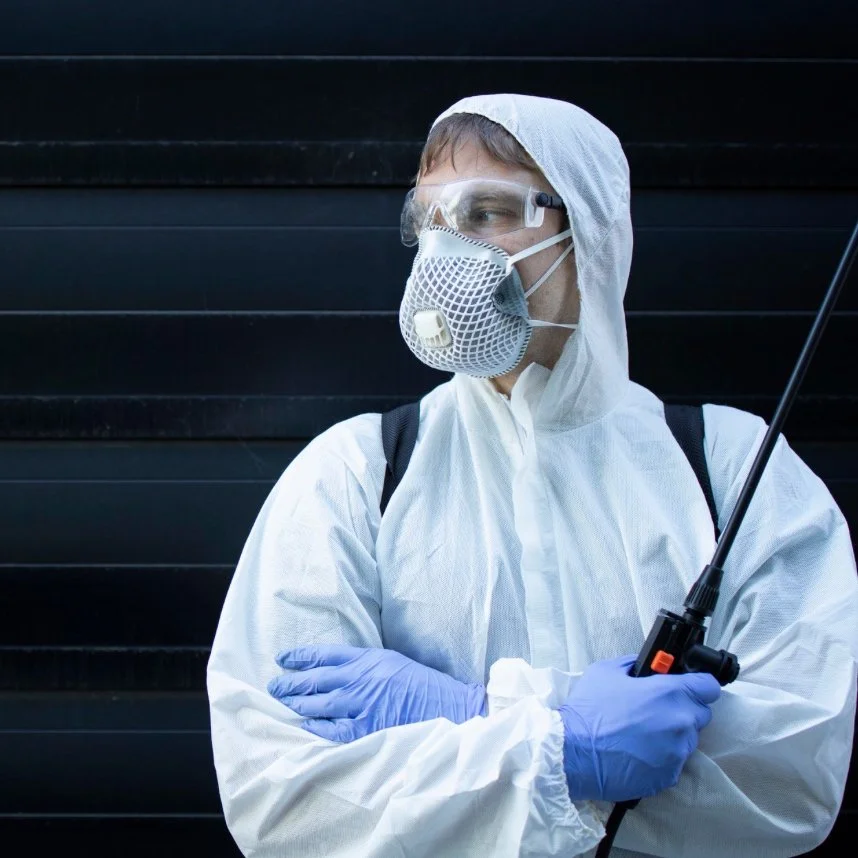The good news? Understanding the dangers of termite damage and taking proactive steps can save homeowners from costly repairs.
Read MoreChemical treatments offer an effective solution to tackle these persistent pests and restore comfort to living spaces.
Read MoreUnderstanding the link between humidity and pest problems can help homeowners proactively protect their living spaces.
Read MoreA local pest control service can provide valuable insights into why professional intervention is often safer and more effective.
Read MoreProfessional pest control management offers specialized solutions for persistent infestations while maintaining environmental safety standards.
Read MoreUnderstanding the benefits of these safer methods can help homeowners make knowledgeable decisions about pest management in their living spaces.
Read MorePest control products contain active ingredients designed to eliminate pests, but these chemicals can also be harmful to humans and pets if exposure occurs.
Read MoreEstablishing effective prevention and control measures is vital for maintaining a safe environment.
Read MoreControl mosquitoes by keeping the yard clean, mowing regularly, and planting repellents like citronella. Professional pest control can offer tailored strategies.
Read MoreSocial wasps live in colonies of dozens to thousands, often nesting under eaves, in attics, or trees. They include yellowjackets, hornets, and paper wasps, known for their aggressive defense behaviors.
Read MoreRegularly clean and tidy your home, especially in food preparation areas, to deter pests.
Read MoreSeal exterior cracks and gaps around windows, doors, and the foundation using weatherstripping and caulk to prevent pests from entering.
Read MorePlanting a variety of crops can deter pests and decrease the likelihood of infestations, with some plant combinations naturally repelling pests, such as basil near tomatoes to repel flies and mosquitoes.
Read MoreMost homeowners resort to synthetic chemicals for pest control, which, while effective, pose significant risks to pets due to their toxicity, potentially causing injury and health issues.
Read MoreBed bugs cause sleep disturbances, anxiety, and stress through their bites, significantly impacting sleep quality and requiring professional treatment to eliminate.
Read MoreWhen buying a house, it’s always a good idea to inspect it for pests first. Otherwise, buyers may be in for an unpleasant surprise with long-reaching effects, such as poor hygienic conditions, damage to the structure, and more.
Read MoreNatural pest repellants are on the rise. Their popularity is perfectly justifiable, considering the growing interest in eco-friendly living. The common belief is that natural means safer and more environmentally friendly.
Read MoreTermites are unsightly and can cause significant structural damage to property and destroy furniture. Consequently, an invasion could be a major money sink.
Read MoreChemical pesticides are powerful and fast-acting but far from the ideal pest annihilators. The fumes can irritate the lungs or cause allergic reactions, and the solutions may be poisonous, especially for pets and small children.
Read MoreAlthough no one likes to think about it, the fact is that most homeowners have had to call in pest control fo an infestation of cockroaches in their home at least once. Unfortunately, in areas of the country that are hot in the summer, most residents know all too well.
Read More




















